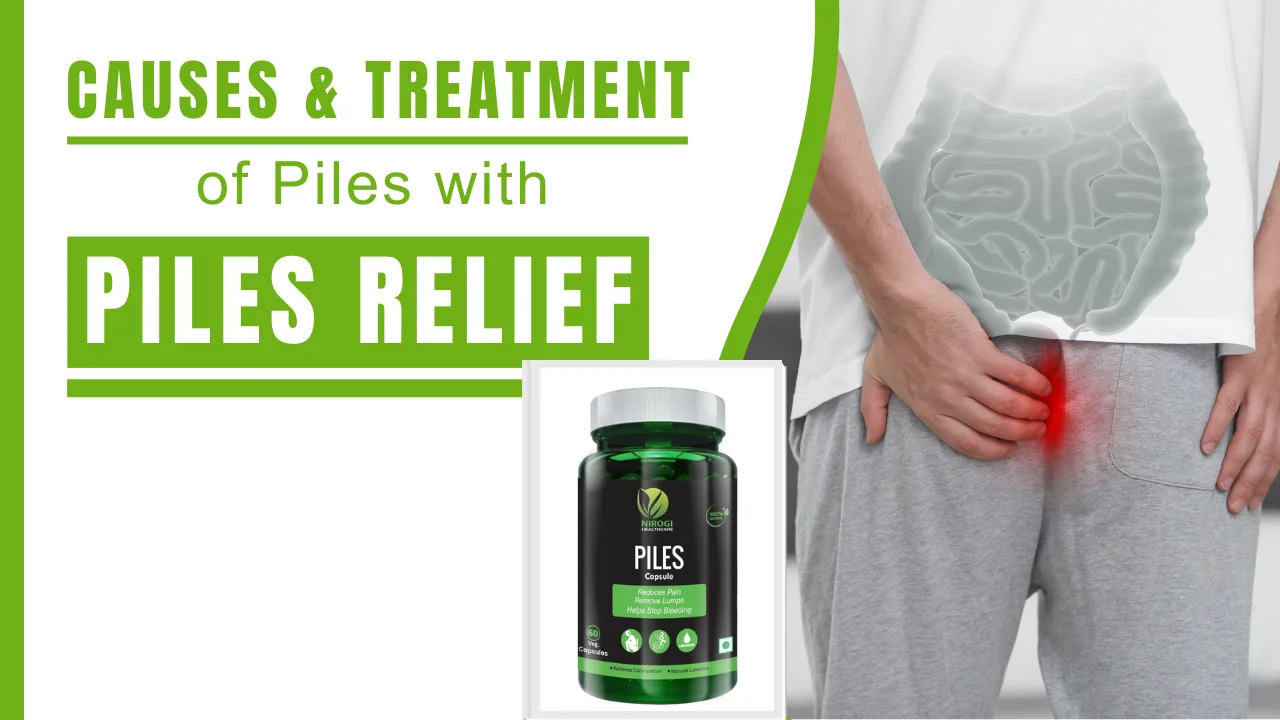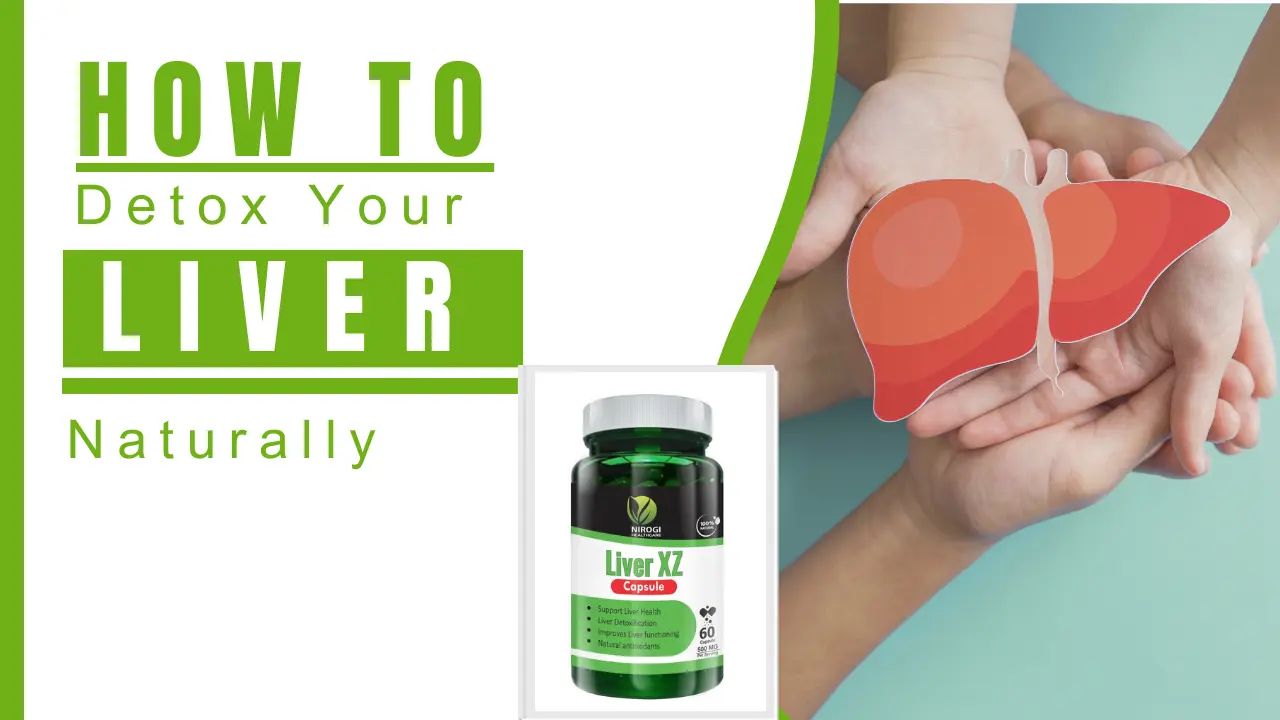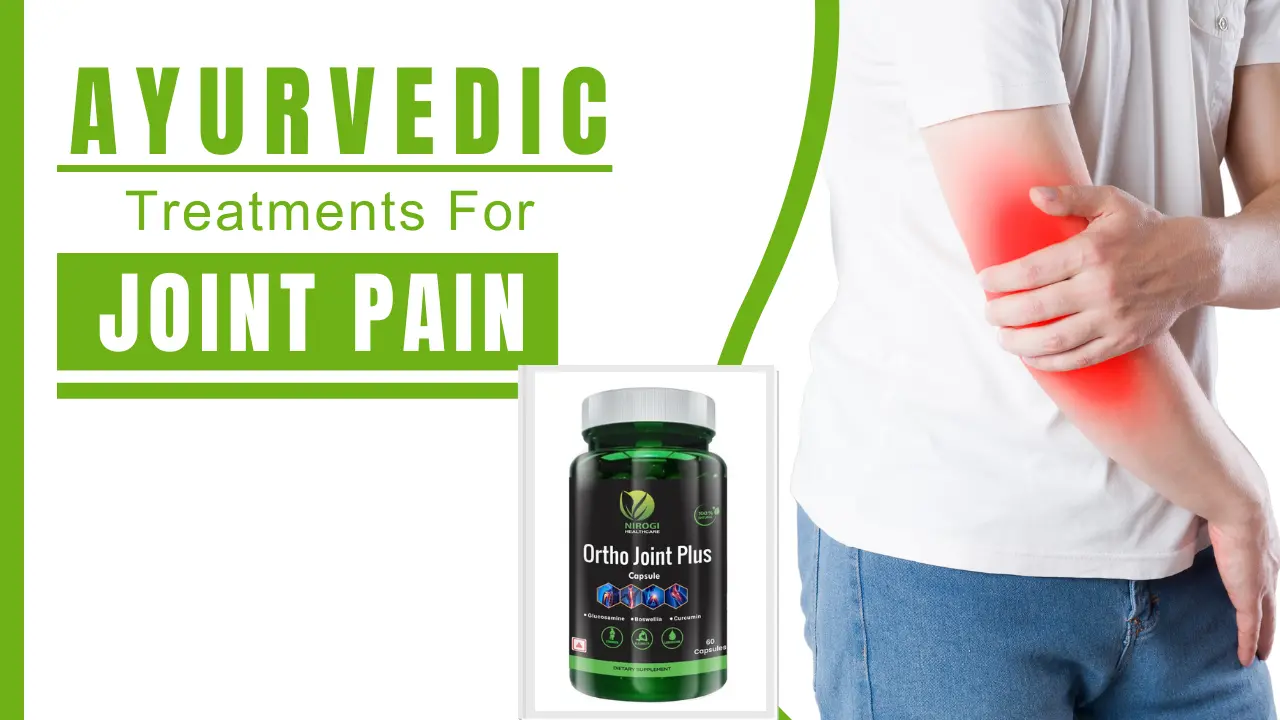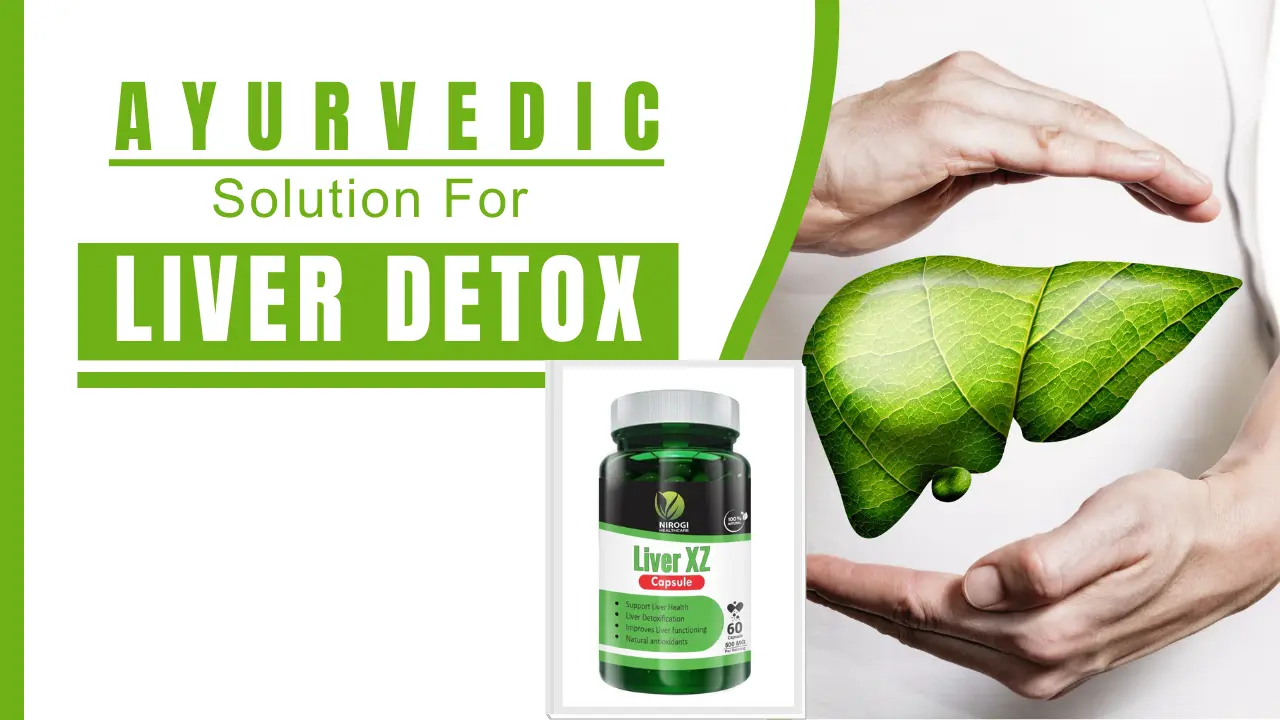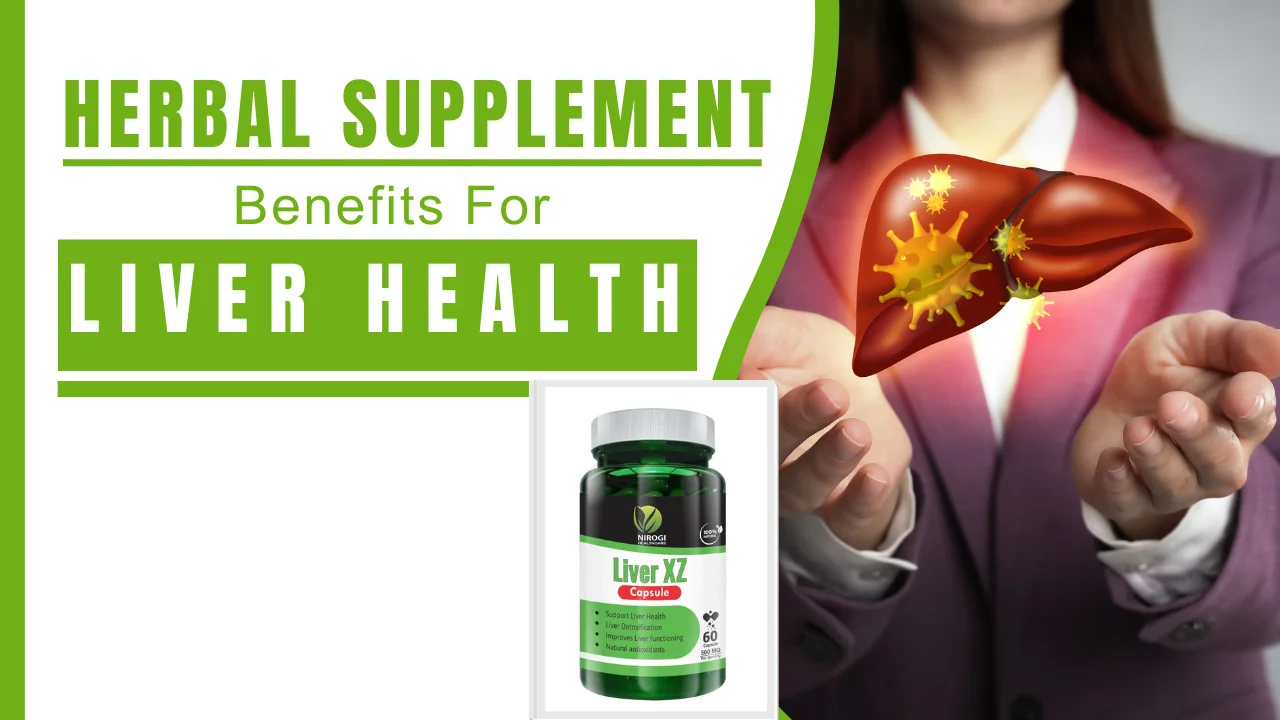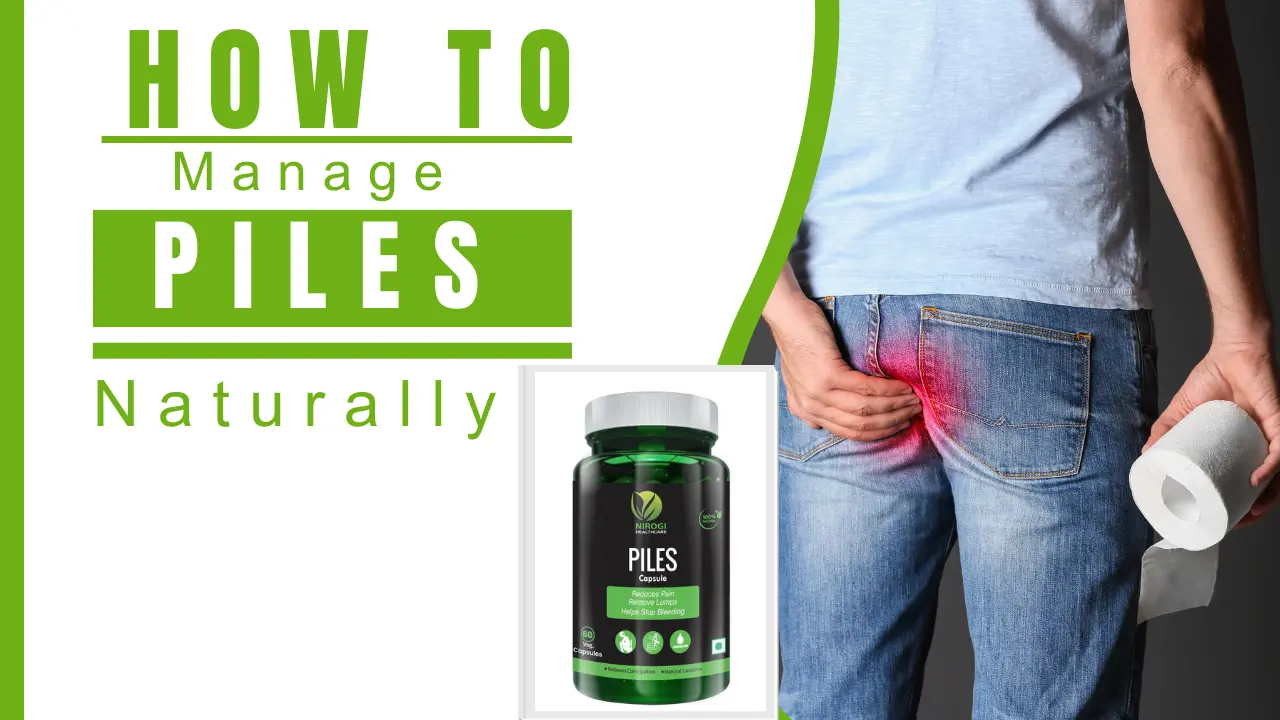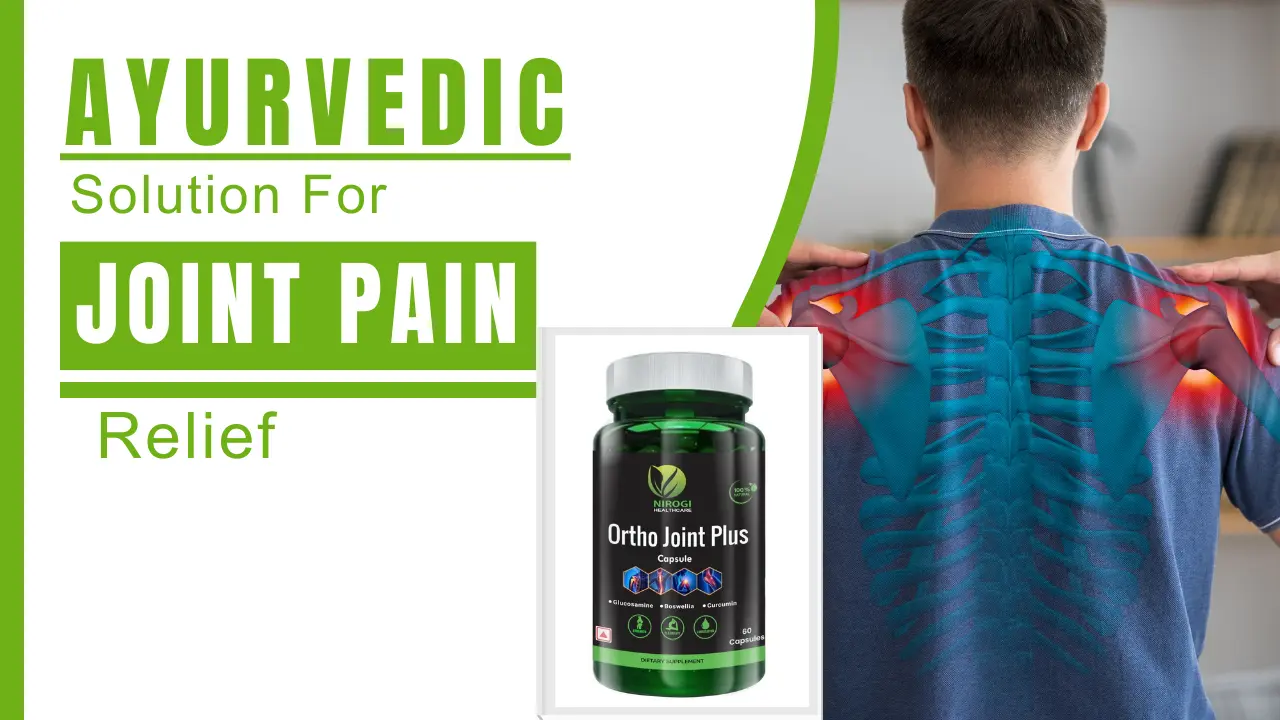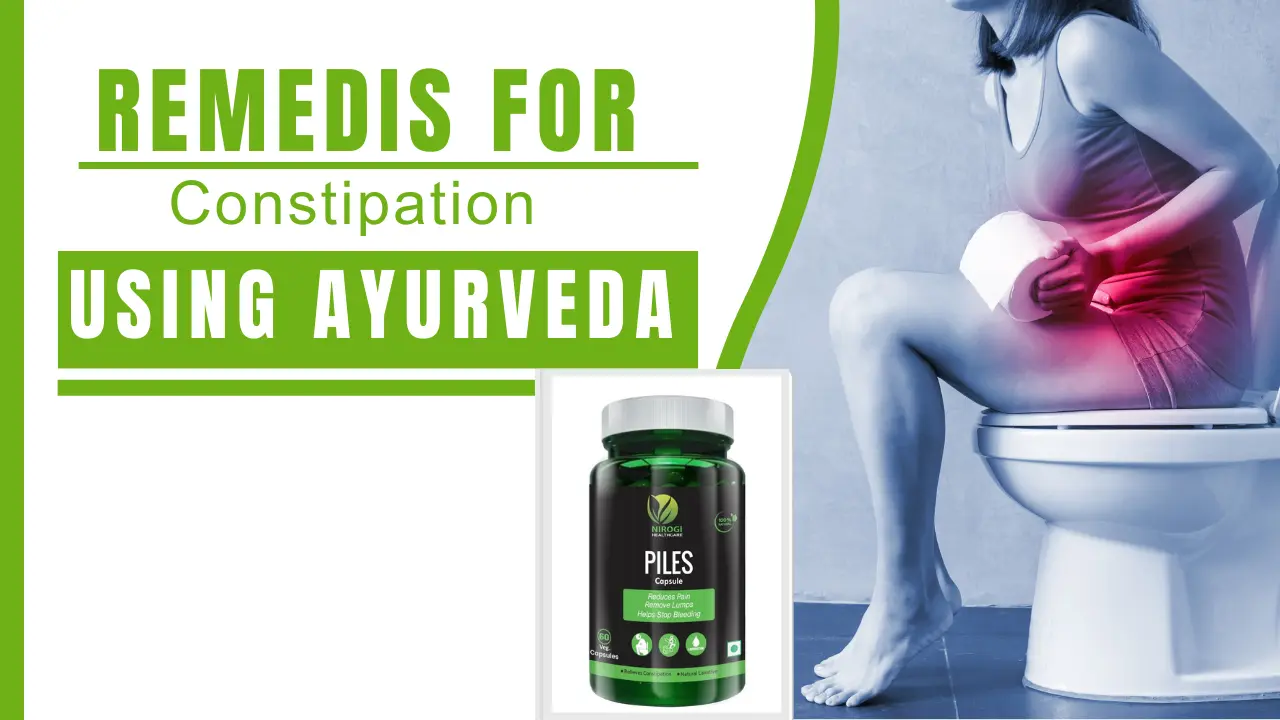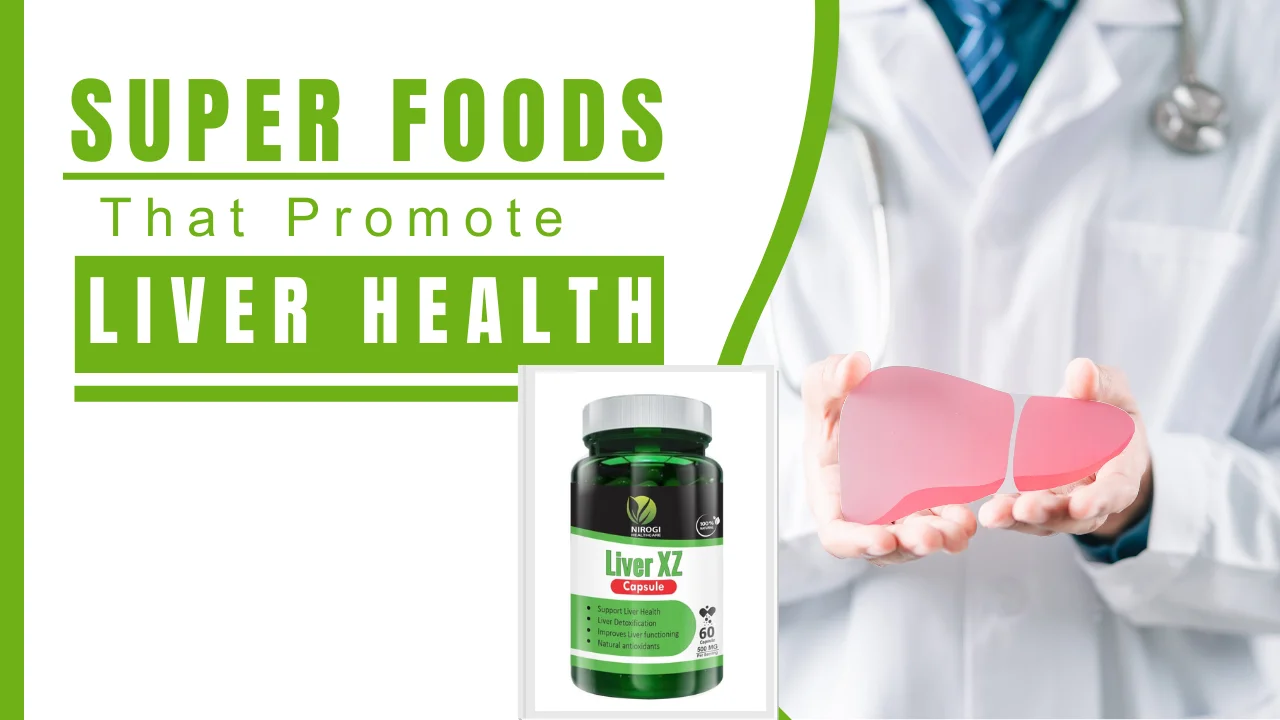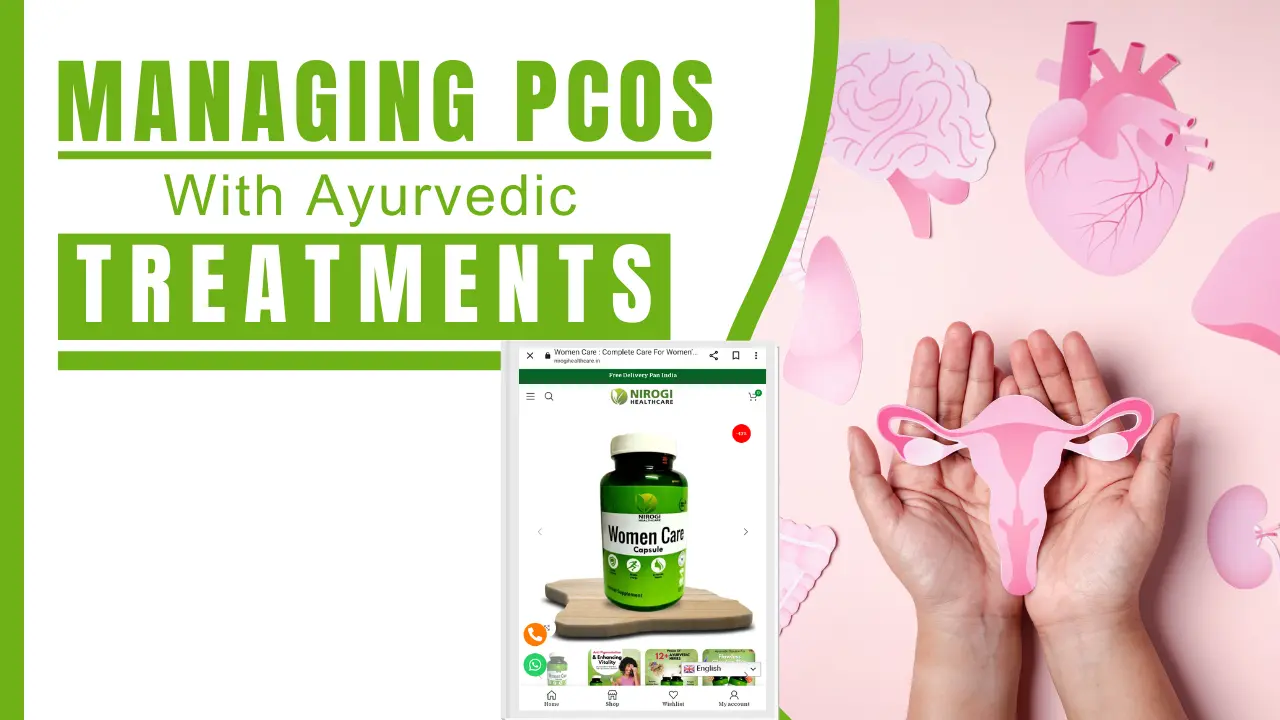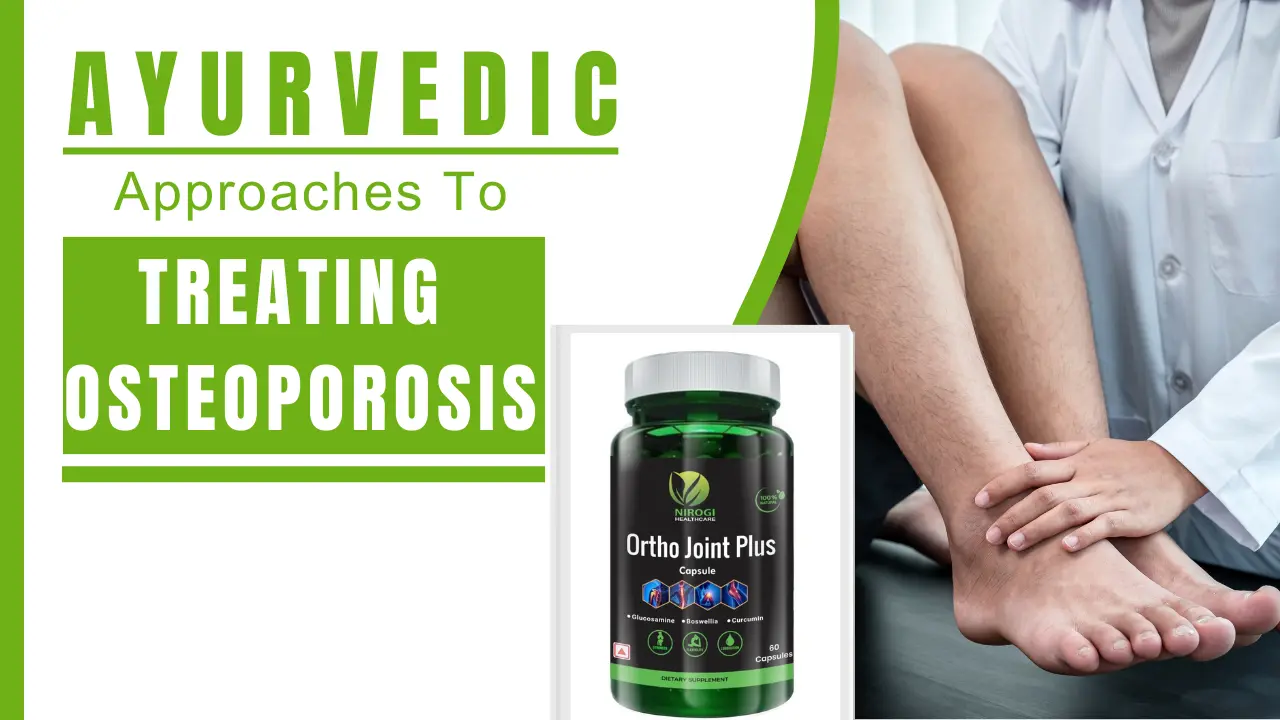Piles, also known as hemorrhoids, are swollen veins in the lower rectum and anus. This condition is common and can cause discomfort, pain, and bleeding. Understanding the causes and treatments of piles is essential for managing symptoms and preventing recurrence. In this blog, we’ll explore the key factors that contribute to piles and highlight effective treatments, including Piles Relief, a product designed to provide comfort and alleviate symptoms.
Table of Contents
What Are Piles?
Piles are swollen blood vessels that develop in the anal area. They can be internal, occurring inside the rectum, or external, forming under the skin around the anus. Symptoms vary depending on the type and severity of the piles but often include itching, discomfort, pain, and bleeding during bowel movements.
Causes of Piles
1. Straining During Bowel Movements
One of the primary causes of piles is straining during bowel movements. This can be due to chronic constipation or diarrhea, which puts pressure on the veins in the rectal area.
2. Prolonged Sitting
Sitting for long periods, especially on the toilet, can increase the risk of developing piles. The pressure on the rectal veins can lead to swelling and irritation.
3. Pregnancy
Pregnant women are more susceptible to piles due to the increased pressure on the pelvic blood vessels and hormonal changes that can cause veins to enlarge.
4. Obesity
Excess body weight can put additional pressure on the pelvic veins, leading to the development of piles.
5. Low-Fiber Diet
A diet low in fiber can result in hard stools and constipation, increasing the likelihood of straining during bowel movements and developing piles.
6. Heavy Lifting
Regularly lifting heavy objects can increase abdominal pressure, contributing to the formation of piles.
Symptoms of Piles
- Pain and Discomfort: Pain or discomfort in the anal region, especially during bowel movements.
- Itching and Irritation: Persistent itching around the anus.
- Bleeding: Small amounts of bright red blood during or after bowel movements.
- Swelling: Swelling or lumps around the anus.
Ayurvedic Approach to Piles
Ayurveda, the ancient Indian system of medicine, offers holistic approaches to manage piles. Incorporating Ayurvedic principles can provide natural relief and support long-term health.
1. High-Fiber Diet
A diet rich in fiber can soften stools and reduce straining. Include:
- Whole grains like oats and brown rice
- Fresh fruits and vegetables
- Legumes and nuts
2. Hydration
Staying hydrated is crucial for preventing constipation. Drink plenty of water throughout the day.
3. Herbal Remedies
Ayurvedic herbs can offer relief from piles symptoms. Some beneficial herbs include:
- Triphala: A combination of three fruits that promote digestive health.
- Aloe Vera: Known for its soothing properties.
- Haritaki: Helps in improving bowel movements.
4. Regular Exercise
Exercise can help maintain a healthy weight and improve digestive health. Incorporate activities like walking, yoga, and swimming into your routine.
Effective Treatments for Piles
1. Lifestyle Changes
Making lifestyle adjustments can significantly improve piles symptoms. This includes adopting a high-fiber diet, drinking plenty of water, and avoiding prolonged sitting.
2. Over-the-Counter Medications
Topical creams and ointments can provide temporary relief from pain and itching. However, they do not address the underlying cause of piles.
3. Ayurvedic Solutions
Ayurveda offers effective treatments for piles. Piles Relief, an Ayurvedic supplement, combines powerful herbs to reduce inflammation, ease pain, and improve bowel movements.
4. Surgical Options
In severe cases, surgical interventions such as hemorrhoidectomy or rubber band ligation may be necessary to remove or reduce piles.
Introducing Piles Relief
Piles Relief is a premium Ayurvedic supplement formulated to provide comprehensive relief from piles. It contains a blend of potent herbs that work synergistically to address the root causes of piles and alleviate symptoms.
Benefits of Piles Relief
- Reduces Inflammation: Herbal ingredients help reduce swelling and irritation.
- Eases Pain and Discomfort: Provides relief from pain and itching.
- Improves Bowel Movements: Supports regular and comfortable bowel movements.
- Promotes Healing: Aids in the healing of affected tissues.
Conclusion
Piles can be a painful and uncomfortable condition, but with the right approach, you can manage and prevent symptoms. By understanding the causes and exploring various treatments, including Ayurvedic solutions like Piles Relief, you can achieve relief and improve your quality of life. Embrace a holistic approach to health and experience the benefits of natural remedies for piles.
FAQs
Q. What are the common causes of piles?
Piles can be caused by straining during bowel movements, prolonged sitting, pregnancy, obesity, a low-fiber diet, and heavy lifting.
Q. How can I prevent piles naturally?
Prevent piles by eating a high-fiber diet, staying hydrated, exercising regularly, and avoiding prolonged sitting or straining during bowel movements.
Q. What are the symptoms of piles?
Common symptoms include pain and discomfort in the anal region, itching, bleeding during bowel movements, and swelling around the anus.
Q. How does Piles Relief help with piles?
Piles Relief is an Ayurvedic supplement that reduces inflammation, eases pain, improves bowel movements, and promotes healing of affected tissues.

